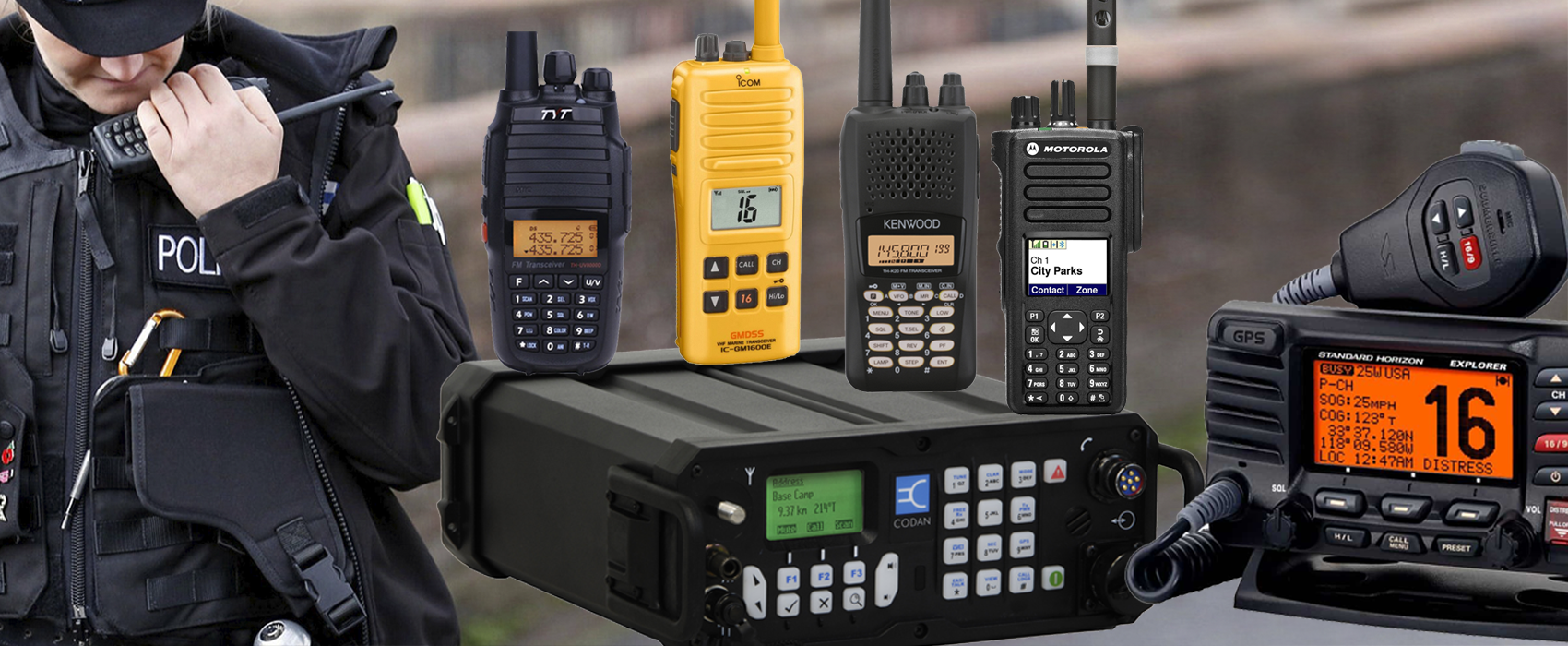Stay connected:

Product Brands
Showing 25–36 of 62 results
What are Radio Walkie Talkie?
A radio walkie talkie is a handheld two-way communication device that uses radio waves to send and receive messages. They are also known as two-way radios, handheld radios, or simply walkie talkies. These devices have been in use for decades, and advancements in technology have made them more effective and efficient.

Uses of Radio Walkie Talkie
Radio walkie talkie are used in various industries and situations, including:
1. Emergency Services
Emergency services such as the police, fire departments, and ambulance services use radio walkie talkie to communicate with their teams. In emergency situations, it is vital to have quick and reliable communication to coordinate response efforts effectively.
2. Outdoor Adventures
Outdoor enthusiasts such as hikers, campers, and hunters use walkie talkies to stay connected in remote areas without cellular service. Walkie talkies provide a reliable means of communication that can help to enhance safety and coordinate activities.
3. Construction Sites
Construction sites are busy and noisy environments that require clear communication. Walkie talkies are used by construction workers to communicate with each other, supervisors, and other stakeholders to ensure that projects are completed safely and efficiently.
4. Event Management
Event managers use walkie talkies to coordinate events such as concerts, festivals, and conferences. Walkie talkies enable quick and efficient communication between different teams and departments, ensuring that the event runs smoothly.
5. Retail and Hospitality
Retail and hospitality industries use walkie talkies to enhance customer service and coordinate operations. Walkie talkies enable employees to communicate with each other and managers, ensuring that customers are served promptly and efficiently.
It depends on the frequency and power output of the device. Some frequencies require a license, while others do not. It’s essential to check the regulations in your area before using a radio walkie talkie.
Walkie talkies operate on different frequencies and technologies, so they may not be compatible with other brands. It’s essential to check the specifications and compatibility of the device before purchasing.
UHF and VHF are different frequencies used by walkie talkies. UHF frequencies can penetrate obstacles such as buildings, while VHF frequencies are suitable for open areas with fewer obstructions.
No, radio walkie talkies are not allowed to be used on airplanes. The signals can interfere with the airplane’s communication and navigation systems, which can be dangerous












